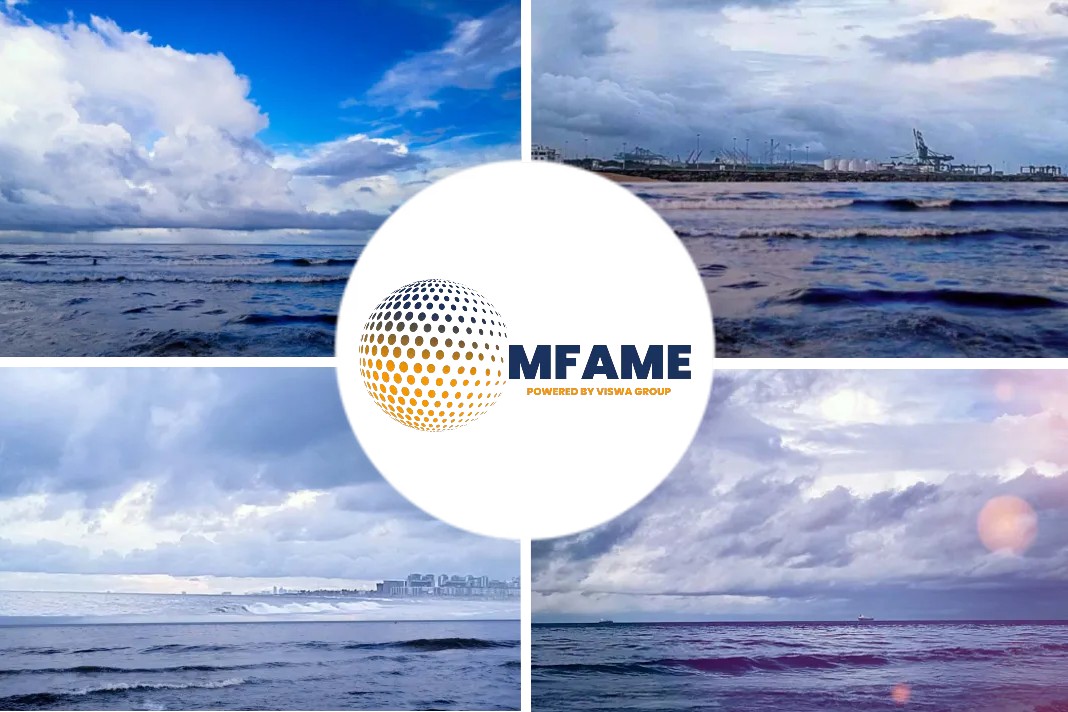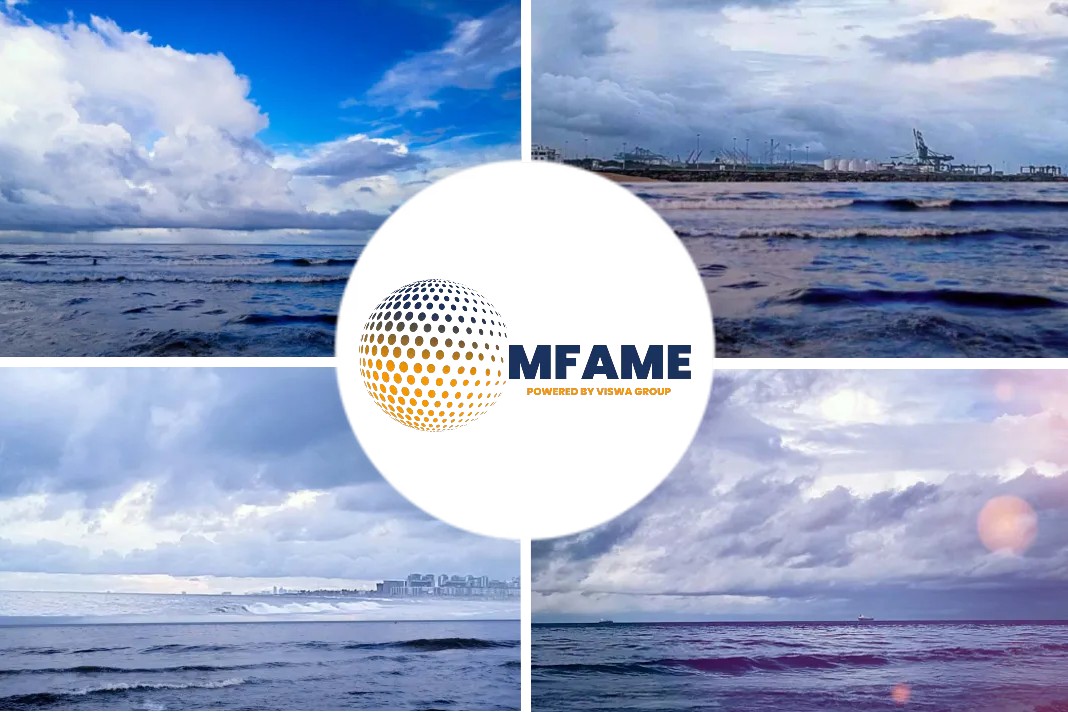- President Donald Trump issued an Executive Order on Hong Kong Normalization which led to the recategorization of ‘Made in Hong Kong’ goods to ‘Made in China’ goods.
- Exports of goods from Hong Kong, excluding re-exports, accounted for just 1.1% of Hong Kong’s total exports this year.
- Furthermore, the US Department of State notified the Hong Kong authorities of the termination of The Shipping Tax Treaty.
- Therefore, US corporations may be subject to double taxation on voyages to and from Hong Kong.
- The Government strongly objects to and deplores the US’ action and is also planning to take action at the World Trade Organization.
Fractured relations between the US and Hong Kong have rattled some shipping cages, but in terms of trade disruptions, the US ‘Hong Kong Normalization’ plan looks to have more bark than bite, says an article published by Baltic Exchange.
Surprised by the ban
President Donald Trump’s Executive Order on Hong Kong Normalization published on July 14 first led to the recategorization of ‘Made in Hong Kong’ goods to ‘Made in China’ goods.
Iris Pang, ING’s chief economist, Greater China, explains she was surprised by the US’ banning of goods exports from Hong Kong labeled as ‘Made in Hong Kong’.
“There are so few goods that are actually produced in Hong Kong and the economy is really all about services,” she said.
In 2020, exports of goods from Hong Kong, excluding re-exports, accounted for just 1.1% of Hong Kong’s total exports, according to ING.
Termination of Shipping tax treaty
As a further step in the Normalization plan, on August 19, the US Department of State notified the Hong Kong authorities of its suspension or termination of three bilateral agreements, one of which was the reciprocal tax exemptions on income derived from the international operation of ships.
According to Watson Farley & Williams (WFW), termination of the Shipping Tax Treaty will affect Hong Kong and US taxpayers engaged in shipping as entities organized in Hong Kong, and individual Hong Kong residents will no longer be eligible to claim a Section 883 exemption.
They may also be subject to the 2% US gross freight tax on voyages to or from the US or to US net income tax at ordinary rates.
Section 883 of the US Internal Revenue Code provides a broad exemption from US taxation of income earned by a non-US person from the international operation of a ship.
Taxation
The Shipping Tax Treaty generally exempts from taxation time, voyage and bareboat charter income, incidental income from container leasing, pool income, and income from the sale of a ship.
As a result, a corporation organized in Hong Kong that was eligible for the benefits of Section 883 generally was exempt from US income taxation on most shipping income attributable to the US.
Ship management companies organized in Hong Kong that have no US presence are generally unaffected by the termination of the Shipping Tax Treaty since they do not generally earn income that is subject to US taxation – even if the ships they manage to travel to the US.
US corporations may therefore effectively be subject to double taxation on voyages to and from Hong Kong: taxation related to the voyage by Hong Kong, and ordinary income taxation by the US.
Daniel Pilarski, a partner in the tax and regulatory group at the New York office of WFW advice that shipping companies based in Hong Kong or with a significant Hong Kong ownership or nexus “consider the effects of the termination on their tax structure, and may wish to consider restructuring their operations”.
Hong Kong’s response
The Hong Kong Special Administrative Region (HKSAR) Government has come out fighting in response to the US’ treatment of goods and taxation.
In a statement it said it “strongly objects to and deplores” the US’ action, which it sees as a move to create troubles in the China-US relationship, using Hong Kong as a pawn.
“The termination of the Agreement increases the operating costs of the shipping companies concerned, in particular, the US companies as they will be subject to double taxation. It would hamper the development of the shipping sector between Hong Kong and the US, and is to nobody’s interest,” an HKSAR spokesman said.
World Trade Organization to be involved
HKSAR is also planning to take action at the World Trade Organization (WTO) against the US’ recategorization measures which it says violate WTO rules and disregards Hong Kong’s status as a separate WTO member.
It will take action under the WTO dispute settlement mechanism.
The Atlantic Council’s Matthews points out that economic sanctions have a “famously uneven success rate”.
Without discounting that there may be more to come under the US’ ‘Hong Kong Normalization’ directive, the moves made so far will not be insurmountable for shipping.
Did you subscribe to our daily newsletter?
It’s Free! Click here to Subscribe!
Source: Baltic Exchange













![[Podcast] Understanding the MEPC 82 Discussions](https://mfame.guru/wp-content/uploads/2023/11/mfame-tanker-696x385.jpg)

